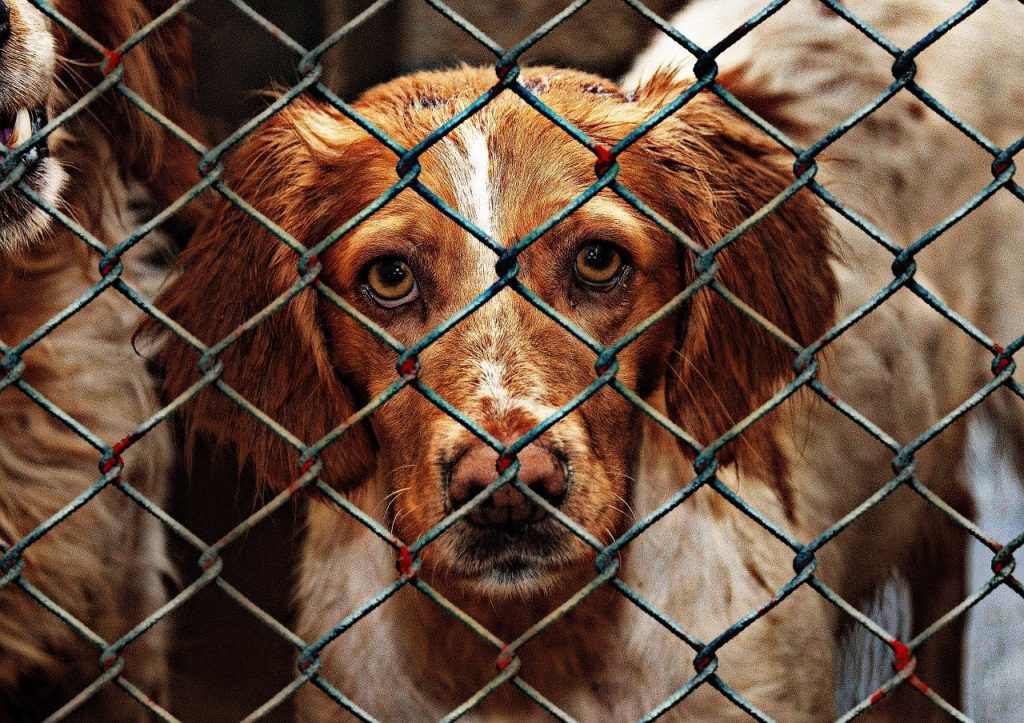The government is introducing a new plan to improve animal welfare in the UK. The proposal covers a wide range of initiatives, and includes pets, livestock and creatures in the wild.
New measures coming in include the ban of exporting live animals for slaughter, the keeping of primates as pets, banning the import of hunting trophies from endangered species, and the recognition of animals as sentient beings. It will also make microchipping of cats compulsory, and prohibit the use of remote controlled training collars for dogs.
In addition, the government are looking to ban selling foie gras, a food made from livers of force fed ducks or geese. There will also be legislation to restrict the use of glue traps, designed to capture wild birds. New laws will also “crack down on illegal hare coursing,” and give police power to protect farm animals from dangerous dogs.

‘A nation of animal lovers’
The UK is known for being a nation of animal lovers. The launch of the Action Plan for Animal Welfare shows we are building on our “excellent track record”.
The plan includes legislation in a number of bills that will expand on the Animal Welfare Act 2006. The bills being approved in the coming months are the Animal Welfare Bill, the Animal Sentience Bill and the Animals Abroad Bill.
The microchipping of cats is welcome news, and something that we have been waiting a long time for. This is especially since dog microchipping has been regulation since 2016. The head of advocacy and government relations for Cats Protection is “delighted”. Cat theft reportedly increased by more than 12% over the last year. There are around 2.6 million unchipped pet cats in the UK, which is a lot without easy identification. This means only about 70% of pet cats have chips at the moment.
The chief executive of the RSPCA says “the announcements will make a real and lasting difference to animals’ welfare”. He is pleased by the government’s commitment to improving animals’ lives. There is a link between how we treat animals, our health, and the the planet, which cannot be ignored.
The RSPCA urge the government to put animal welfare at the heart of policy making. To achieve real change takes courage and action from right across government. These announcements are just the start of an evolving animal health and welfare strategy.
Protection of farmed animals
Live exports for fattening and slaughter are banned, a move only possible because the UK left the EU. And the government are examining the caging of poultry.
They are also looking into the restrictions in movement of pregnant and suckling pigs. It is legal to keep sows in “farrowing crates” for up to five weeks. The size of these crates prevent the sow turning around and potentially crushing her new born piglets. However, preventing normal behaviour can cause the sows to become stressed.
Although there are regulations regarding animals in the UK and exports, there is no legal guarantee that food from abroad will have been produced under high animal welfare standards. Ministers controversially voted against an amendment last year which would block imports that didn’t meet welfare and food safety standards in the UK. It will now depend on post-Brexit trade deals.
The deputy president of the National Farmers’ Union (NFU) thinks it is “ridiculous” if high standards aren’t applied to imports as well. We have some of the highest animal welfare standards in the world. But they are undermined by negotiating deals with countries that do not hold the same values. For example, the US routinely treat cows with hormones and wash chickens with chlorine, practices which are illegal here. And Australia, where animals have journeys of more than 24 hours without access to food or water.
The Animal Sentience Bill will enforce laws that recognise animals have the capacity to feel hunger and pain, and are fully aware of what happens to them.
Thank you for reading Animal Welfare Plan unveiled by Government

Looking for a storage solution for your garden furniture, tools and belongings? Look no further – Garden Sheds at affordable prices.